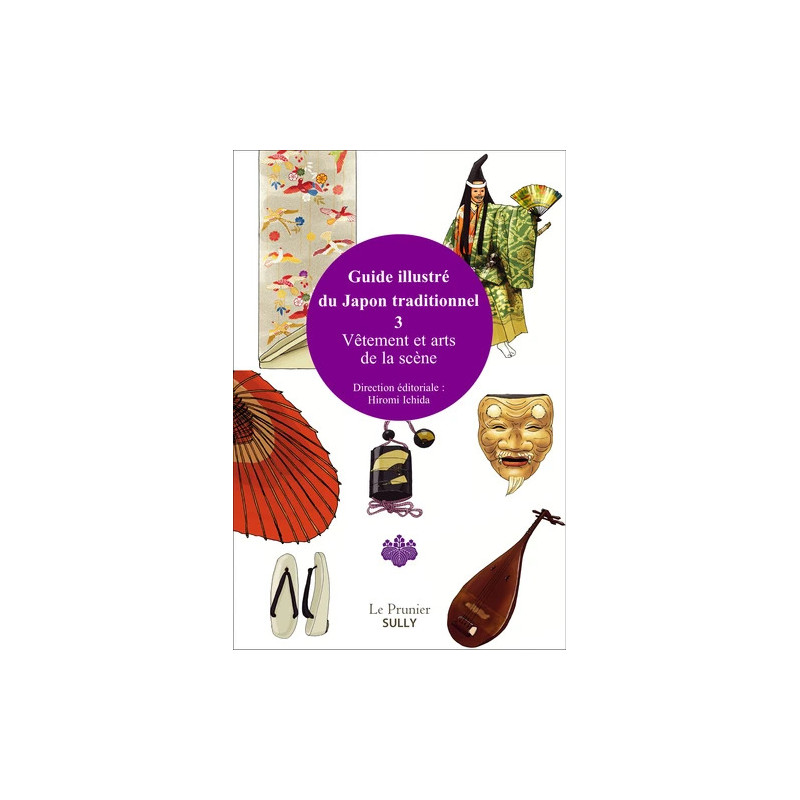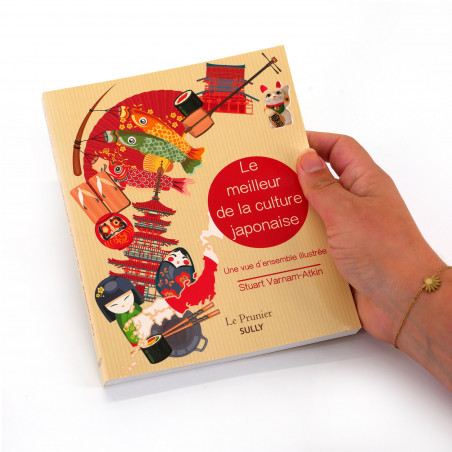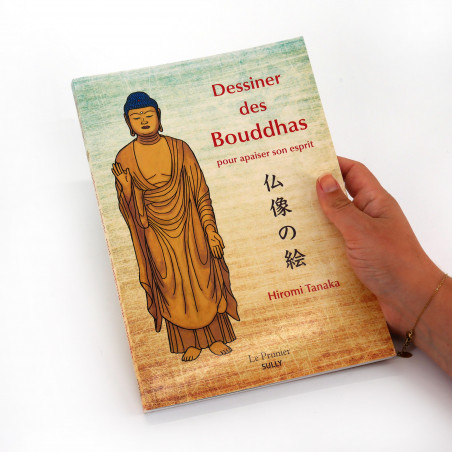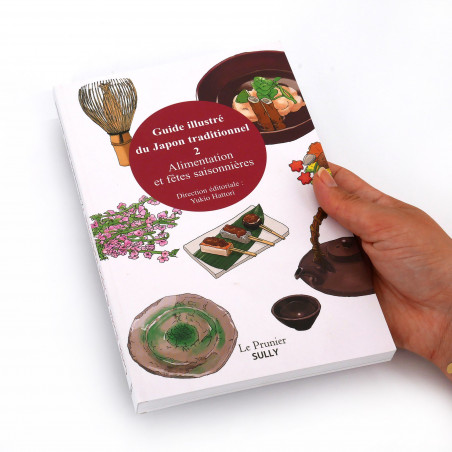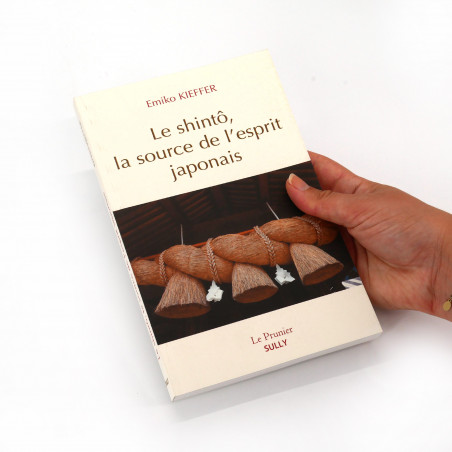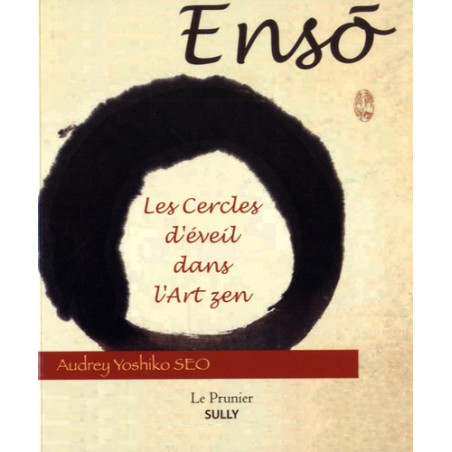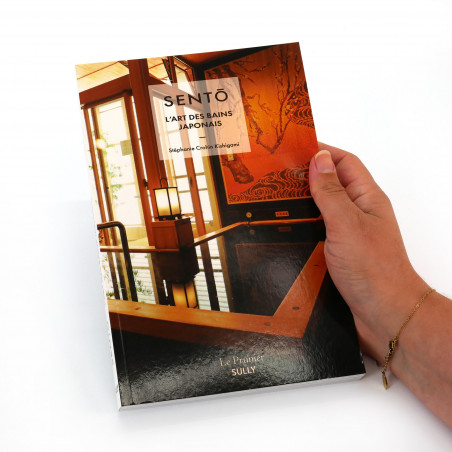Book written in French - Illustrated Guide to Traditional Japan - Volume 3, Traditional Dress and Performing Arts

Book - Illustrated Guide to Traditional Japan - Volume 3, Traditional Dress and Performing Arts
Brand:
PRODUCT SPECIFICATIONS
| width | 30 cm |
|---|---|
| length | 40 cm |
| Product origin | Made in France |
| Language | Written in French |
Learn more
Book - Illustrated Guide to Traditional Japan - Volume 3, Traditional Dress and Performing Arts
Collection: The Plum Tree
Number of pages: 160 pages
Size: 15.1 cm × 22.5 cm × 1.5 cm
Publication date: 02/22/2022
French language
ISBN: 978-2-35432-327-1
The third volume of the "Illustrated Guide to Traditional Japan" is presented, like the two previous ones, in the form of a lexicon, each entry of which is accompanied by a color image and detailed explanations. And it consists of two parts. The first deals with clothing. It contains a lot of information on the kimono, in particular its structure, the different ways in which it is declined, and the various and varied accessories that go with it, belts, shoes, bags and other fans.
It also gives an overview of the colors, patterns, coats of arms affixed to the fabrics and a certain number of traditional outfits worn at weddings, parties, as part of sumô and in that of Shinto and Buddhist cults. The second part focuses on traditional performing arts, in particular nô, gagaku, kabuki and puppet theater (ningyô joruri).
These are presented not only from the angle of the costumes, including the masks and the make-up, but also of the scenic device, the sets, the accessories and the musical instruments. This guide is for anyone who wants to learn more about Japan in terms of traditional clothing and performing arts. It puts within their reach two facets of the Archipelago's cultural heritage, each equally fascinating in terms of their vitality, creativity and modernity.
SHIPPING AND RETURNS
Delivery times:
- 1 to 3 business days for France, Belgium, and Switzerland.
- 3 to 5 business days for other European countries.
- 3 to 5 business days for other countries via DHL.
This item is shipped from our warehouse in France.
You can return or exchange an item within 14 days of receiving your order. For more information, please consult our Return Policy.
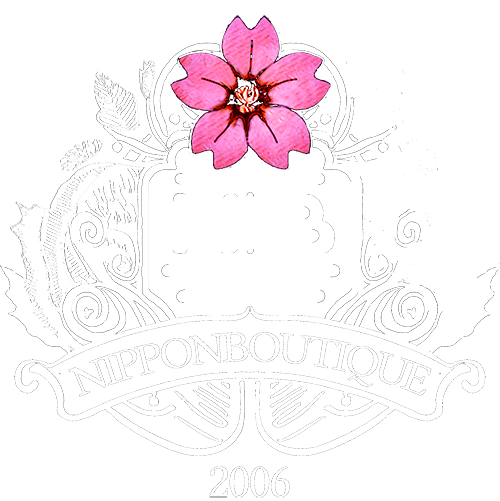
.jpg)

















































































